The theme song from the 1984 movie Ghostbusters is built around perhaps the most earwormy call and response in popular music. Ray Parker Jr. asks, “Who you gonna call?” His backup vocalists (and likely everyone else listening at that moment) shout, “Ghostbusters!”
Knowing who to call in a given situation—like “if there’s something weird and it don’t look good”—is important. After all, you would not want to call some ineffectual team of bumbling ghost hunters. You want to call the Ghostbusters (who may be bumbling, but are at least effective).
When the situation involves a mental health issue, knowing who to call becomes even more important. Let’s look at some times when you might need to reach out for help.
Who to Call in a Mental Health Crisis
We want to start with the most serious situation. If you are experiencing suicidal thoughts, you should call the 988 Suicide and Crisis Lifeline immediately. The service, which is available 24 hours a day and seven days a week, can also be reached by text or via the chat function at its website.
The 988 Lifeline connects those in crisis with a trained counselor who can provide free, confidential support and counseling. The counselors, who provide services from one of over 200 local crisis centers that make up the 988 Lifeline network, can also connect individuals to a variety of resources.
We simply cannot emphasize this enough: If you are experiencing extreme emotional distress and/or are considering harming yourself, you should connect with the 988 Lifeline without waiting another moment.
Who to Call if You are Experiencing Symptoms of a Mental Health Disorder
Do you suspect you might be struggling with a mental health disorder? Perhaps you have been feeling down for an extended period and don’t much feel like doing things you used to really enjoy. Maybe you are experiencing ongoing—and seemingly causeless—bouts of worry that you can’t seem to get on top of. Maybe you have been having nightmares or flashbacks involving traumatic events from your past.
When you notice these sorts of symptoms, your best move is to get help from trained mental health professionals. That might include your doctor, a psychiatrist, or a psychologist/counselor—or any combination of the three. In fact, for most individuals, a combination of medication and talk therapy is the most effective treatment for a mental health disorder.
It can be tempting to try to muddle through, ignoring the difficulties you are facing and attempting to hide them from friends, family, coworkers, and others. But that is not a winning long-term strategy. Instead, a proactive approach to getting the help you need can make a big difference in your overall quality of life.
Who to Call if You Need Some Support, Some Fun, and Some Connection
Sometimes what you really need is someone to listen while you talk through an issue (you may want their advice or simply their kind attention). Sometimes you just need to do something fun to get yourself out of a bad mood or to distract you from recurring negative thoughts. And sometimes you just need to be reminded that you have people in your life who care about you—and about whom you care.
In those situations, your call should go to a trusted friend or family member (to borrow from another classic movie from the 1980s, sometimes you need to “phone home”). Maybe you make the call and suggest getting together. Maybe you just want to connect for a bit (consider, for example, an eight minute phone call). Maybe you want to make plans so you have something to look forward to in the coming days. Regardless of the details, a call to a true friend can be truly beneficial.
We should note that it can also be beneficial to your mental well-being to be there when others need you. Think of connecting with others as a mutually beneficial activity. Sometimes you are the one who needs a little care and support—and sometimes you can provide that care and support for someone else.
Bustin’ Mental Health Disorders is Our Business
We don’t have a catchy theme song, and we don’t strap on mysterious contraptions in an effort to capture ghosts. But we do have a passion for helping people effectively address mental health disorders and improve their quality of life.
Whether you are struggling with depression, anxiety, a trauma-based disorder, or another mental health problem, our Colorado team can help by providing personalized treatment grounded in evidence and delivered with empathy. When you are ready to get help for a mental health disorder, we are who you should call.







